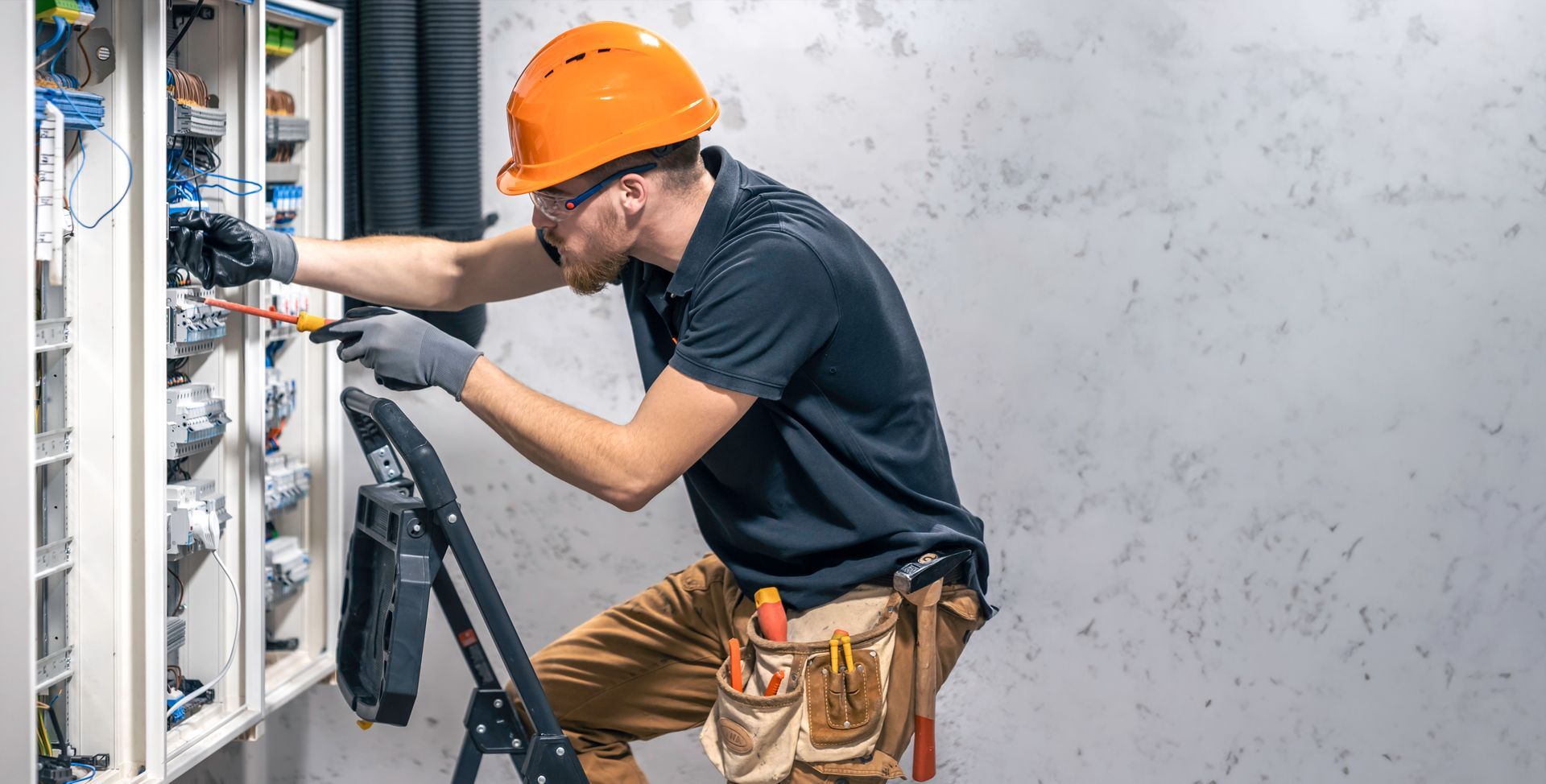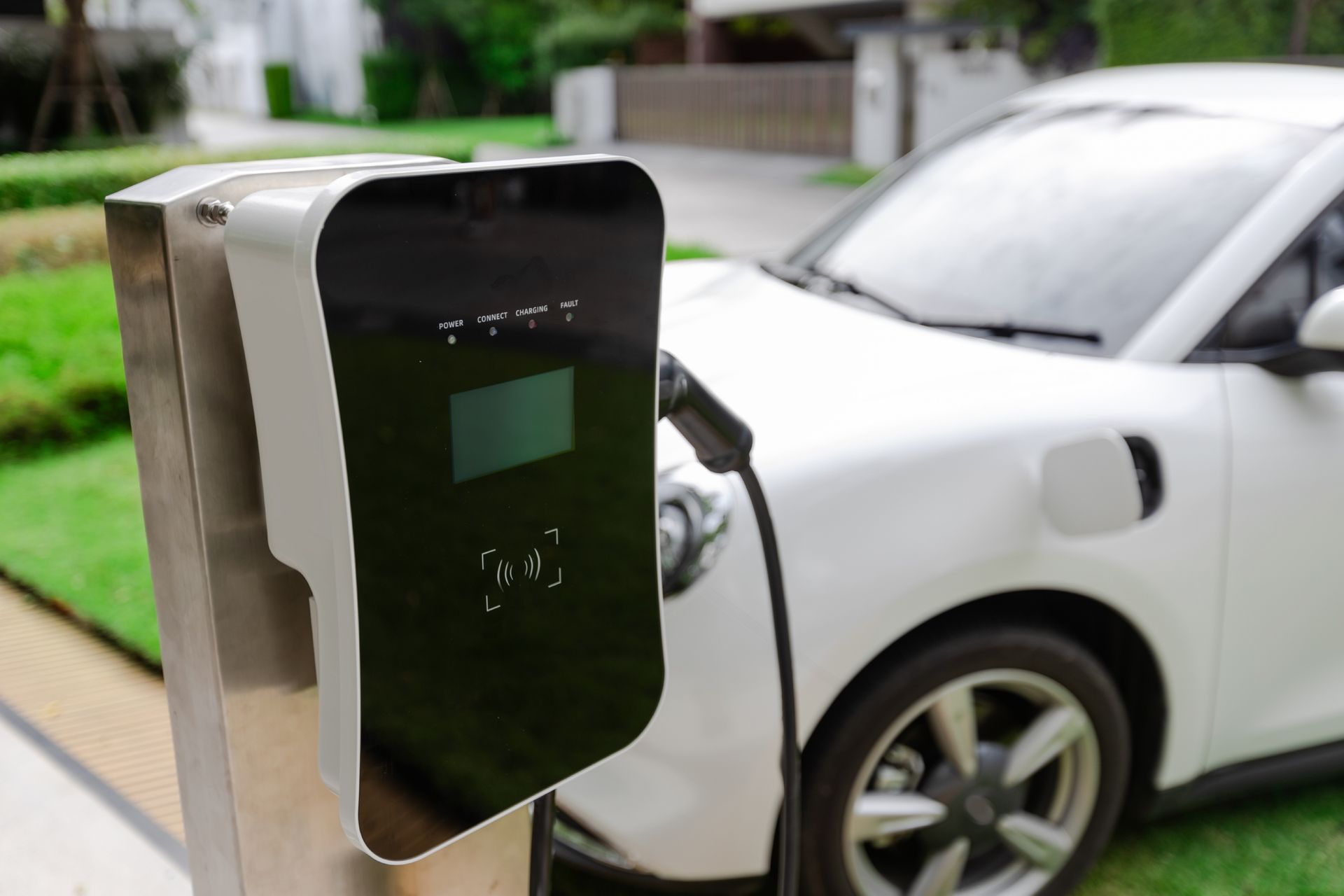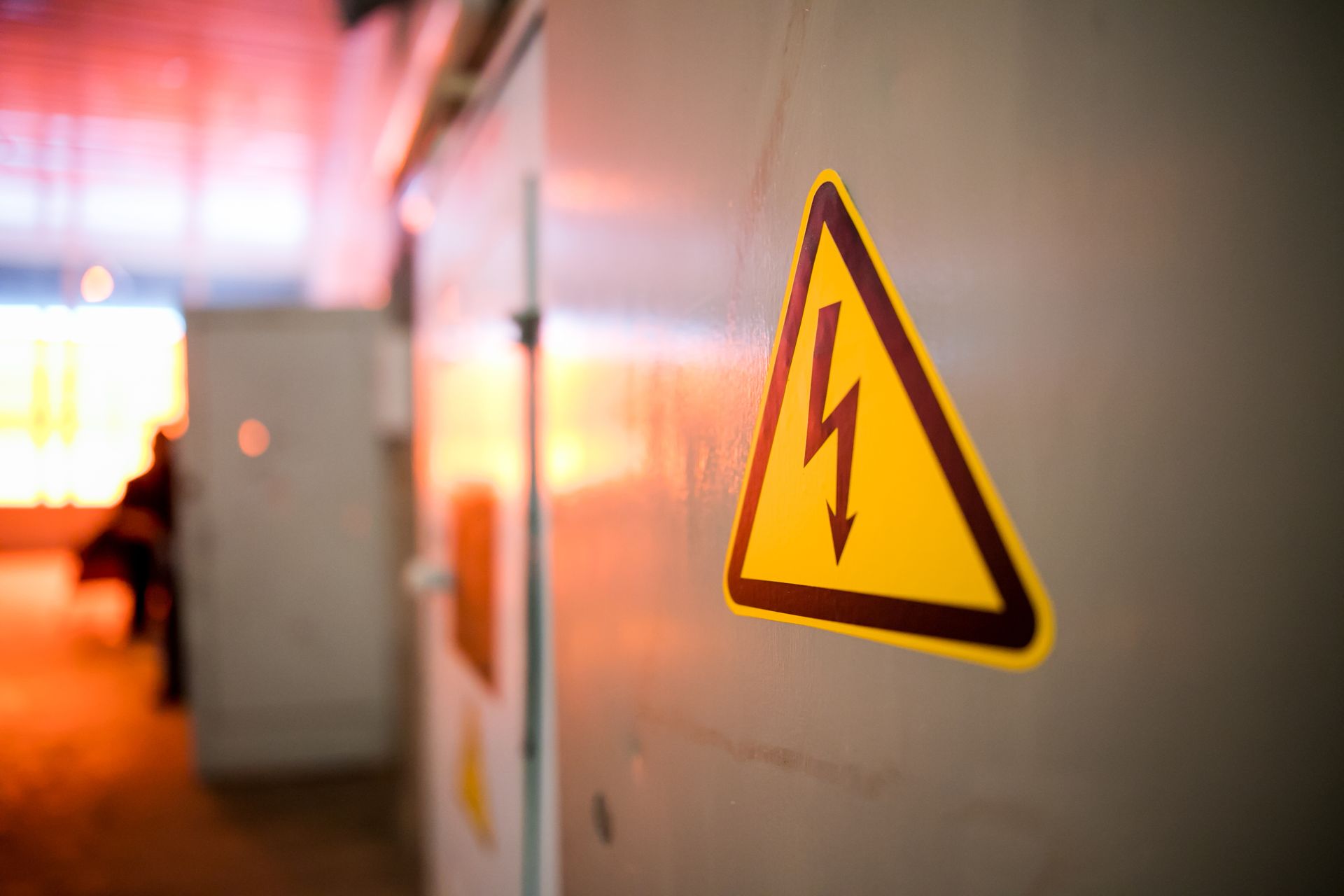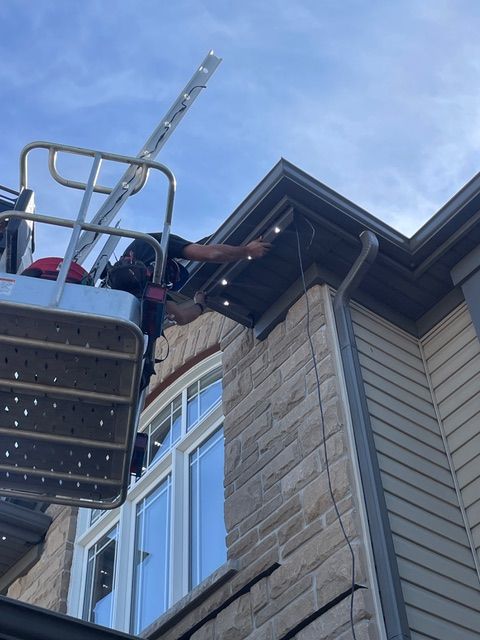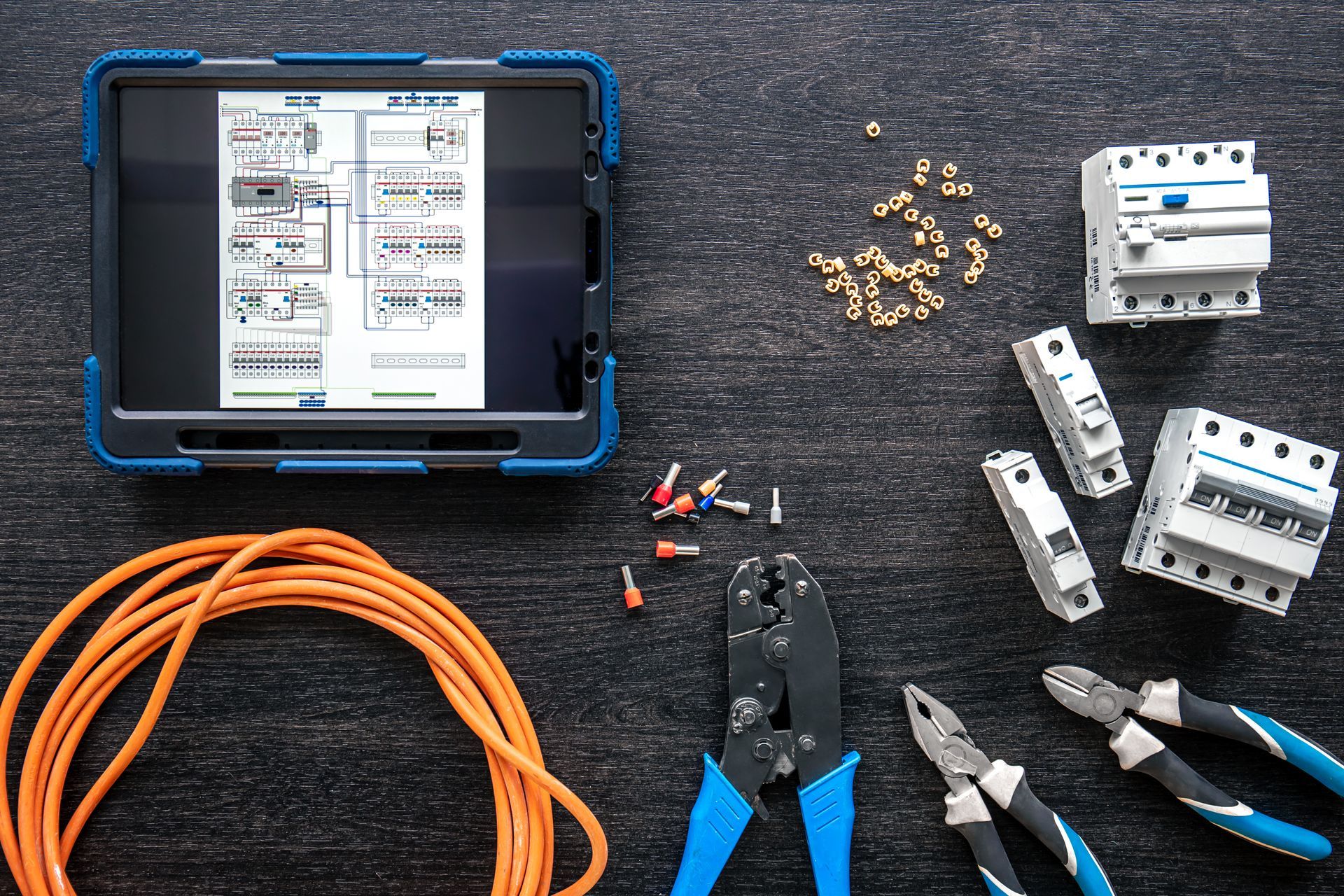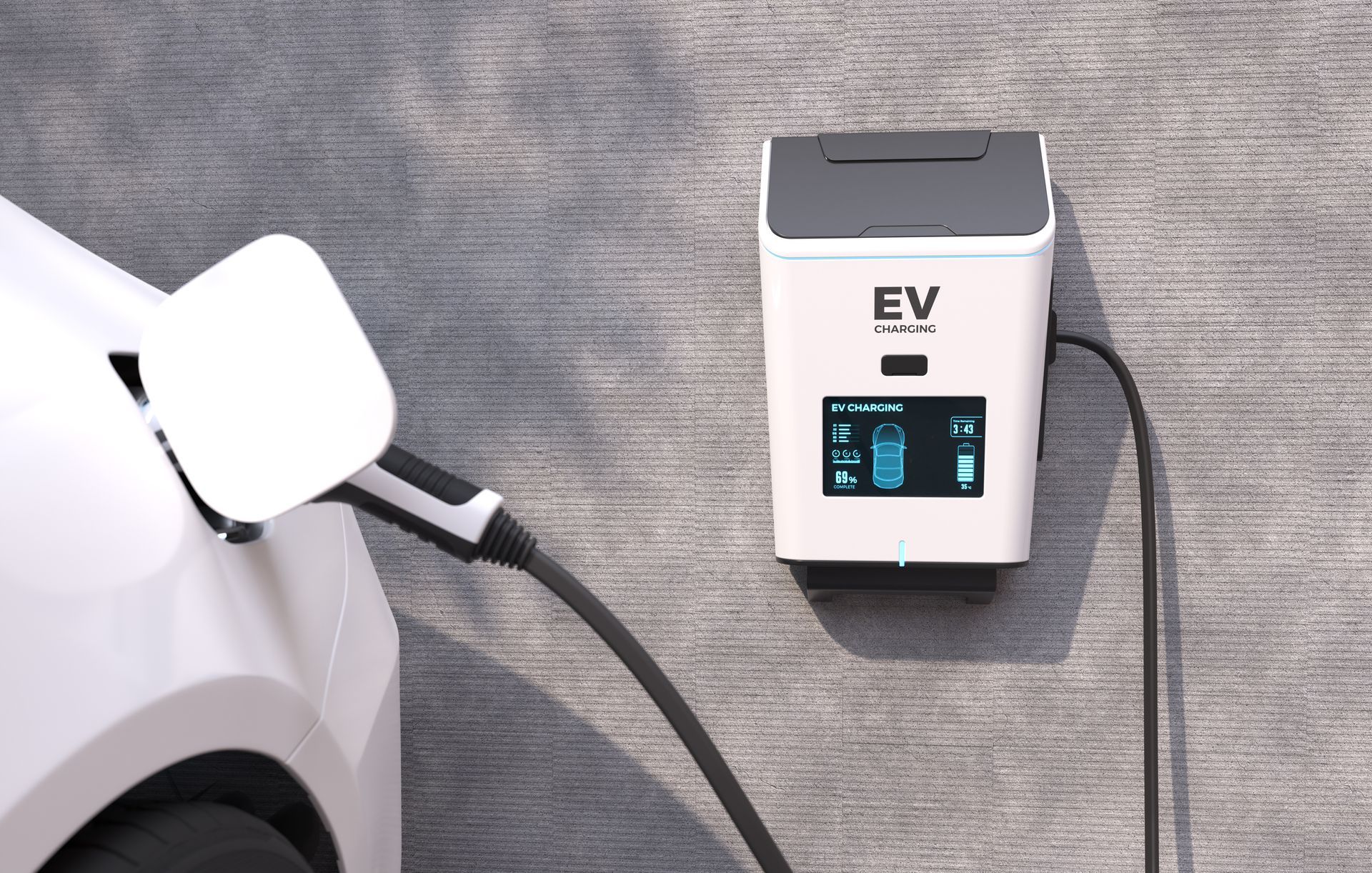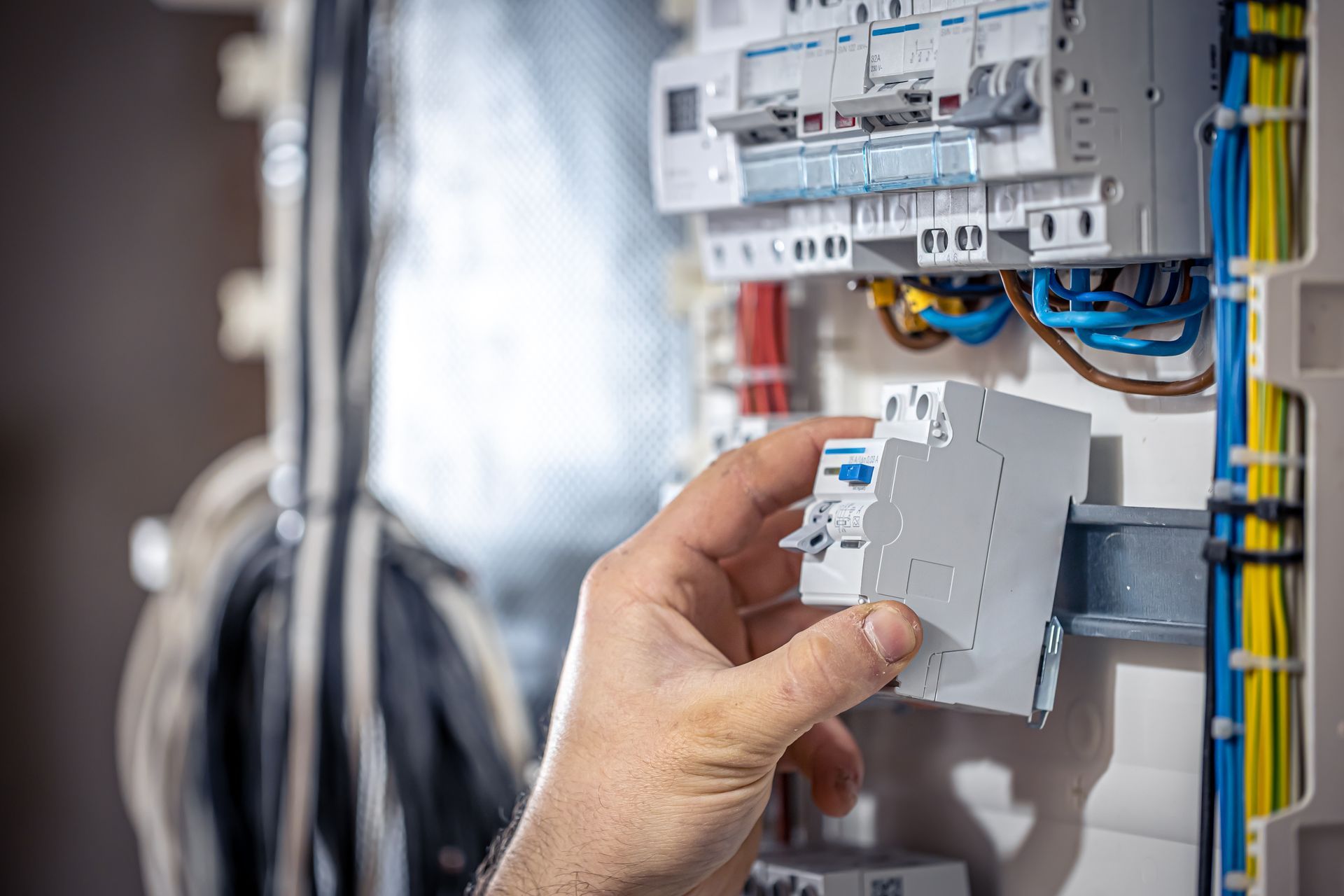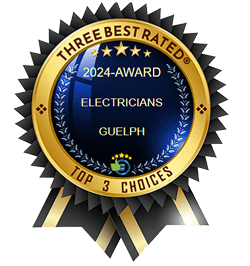Choosing the Right EV Charging Equipment Installation in Ontario
Choosing the Right EV Charging Equipment Installation in Ontario
Choosing the Right EV Charging Equipment Installation in Ontario
As electric vehicles (EVs) become more prevalent in our daily lives, the need for reliable EV charging equipment installation has never been greater. For residents and business owners in Ontario, understanding the different types of EV chargers and their specific requirements is crucial to making an informed decision. Here, we will explore the key considerations for selecting the right EV charging equipment installation to meet your needs.
Understanding the Types of EV Chargers
One of the first steps in choosing EV charging equipment is understanding the various types of chargers available. Each type of charger has unique benefits and installation requirements.
1. Level 1 Chargers: Level 1 chargers use a standard 120-volt outlet and are typically provided with the purchase of an electric vehicle. They are suitable for residential use but can take up to 20 hours for a full charge. These chargers are ideal for overnight charging when long charging times are not an issue.
2. Level 2 Chargers: Level 2 chargers require a 240-volt outlet and are commonly used in both residential and commercial settings. These chargers can fully charge an EV in 4-8 hours, making them a faster alternative to Level 1 chargers. They are ideal for homes with multiple EVs and businesses looking to offer convenient charging solutions to customers and employees.
3. DC Fast Chargers: DC Fast Chargers are the quickest option, providing an 80% charge in just 30 minutes. These chargers are typically found in commercial properties, such as shopping centers and highway rest stops. They require a high-voltage DC connection, a robust electrical infrastructure, and dedicated circuits.
Assessing Your Property’s Electrical Infrastructure
Before proceeding with EV charging equipment installation, it is essential to assess your property’s electrical infrastructure. This includes evaluating the existing electrical panel, wiring, and circuits to ensure they can handle the additional load required by the EV charger.
For residential properties, upgrading the electrical panel may be necessary to accommodate a Level 2 charger. Similarly, commercial properties installing multiple Level 2 chargers or DC Fast Chargers will need a comprehensive electrical assessment to determine the necessary upgrades.
Obtaining Permits and Ensuring Compliance
EV charging equipment installation requires obtaining the necessary permits and ensuring compliance with local codes and regulations. A licensed electrician or EV specialist can help navigate the permitting process and ensure that your installation meets all safety and code requirements.
Working with professionals who are experienced in EV charging equipment installation is crucial, as they will handle the permitting process, perform the electrical work, and ensure compliance with all local regulations and codes. This not only guarantees a safe installation but also helps avoid any potential legal issues down the road.
Financial Incentives and Rebates
There are various financial incentives, rebates, and grants available for installing EV charging equipment in Ontario. These incentives can help offset the cost of installation and make EV chargers more affordable for both residential and commercial properties.
For example, the Canadian government offers tax credits and rebates for the installation of EV charging stations. Business owners may also benefit from increased foot traffic and potential sales by providing charging solutions for EV-driving customers.
Choosing the Right EV Charging Equipment Installer
Selecting a reputable and experienced installer is vital to ensuring a successful EV charging equipment installation. Look for a provider with a proven track record, positive customer reviews, and certifications from recognized industry bodies.
A reliable installer will conduct a site assessment, obtain the necessary permits, perform the installation, and conduct a final inspection to ensure everything is in working order. They will also provide ongoing support and maintenance to keep your EV charging equipment functioning optimally.
Choosing the right EV charging equipment installation in Ontario involves understanding the different types of chargers, assessing your property’s electrical infrastructure, obtaining necessary permits, and taking advantage of financial incentives. By working with a reputable installer, you can ensure a safe, compliant, and efficient installation that meets your needs.
Ready to take the next step in EV charging? Contact Agentis Electric Ltd today to schedule your EV charging equipment installation and join the growing community of EV drivers in Ontario.

